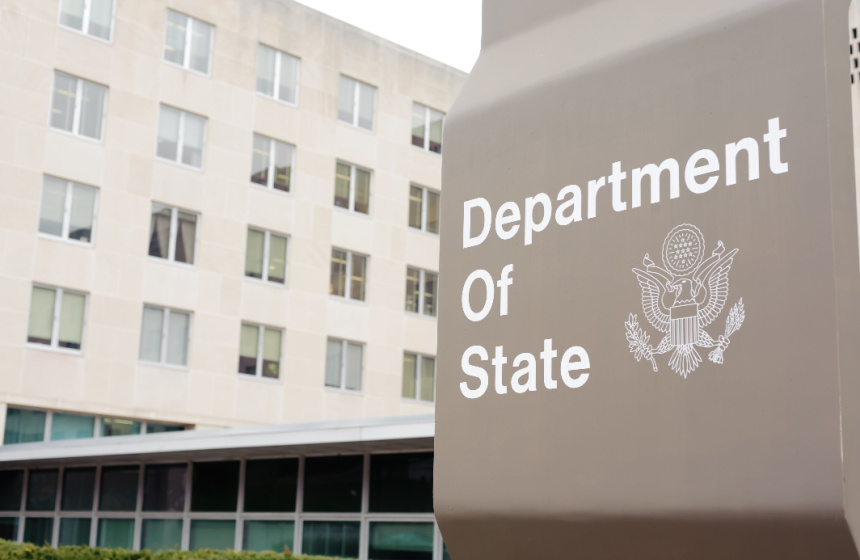State Department Plans Cyber Bureau Restructuring Amid Layoffs Despite Legal Restraints

Planned layoffs and restructuring within the U.S. Department of State’s cyberspace operations are raising alarms about potential disruptions in international cyber coordination. As cyber issues increasingly influence diplomatic conversations, the planned changes come at a critical time, indicating that the Department may struggle to maintain its global cybersecurity agenda.
Confidential sources within the State Department revealed to Information Security Media Group that layoffs are imminent, despite a federal court restraining such actions. According to these sources, employees were instructed to submit updated resumes by June 13, and managers have begun reviewing personnel records, signaling substantial staffing changes are on the horizon.
A State Department employee, under conditions of anonymity, emphasized the urgency of maintaining diplomatic momentum during this precarious time. “We can’t afford to slow down diplomatic coordination, especially now,” the insider said, stressing that scaling back personnel could hinder the U.S.’s ability to engage effectively with allies in key response initiatives.
Secretary of State Marco Rubio announced in May plans to eliminate as many as 2,000 positions and restructure the Bureau of Cyberspace and Digital Policy, a move that is poised to impact the agency’s cyber diplomacy capabilities. Multiple insiders indicated that the department is not only preparing for these layoffs but is also moving forward with the intended restructuring.
Recent high court rulings have narrowed the scope for nationwide injunctions, suggesting that the administration may face hurdles in blocking the layoffs mandated by the district court, which currently protects 19 agencies. Yet, the White House’s decision to withdraw its appeal appears to indicate that the legal battle will extend to the appellate court, creating an uncertain timeline for any final resolutions.
Analysts caution that the proposed cuts and changes could significantly impair the State Department’s ability to execute its cyber diplomacy mission effectively. Established only in April 2022, the Bureau of Cyberspace was intended to direct efforts on critical issues like deterrence against nation-state hacking. Experts argue that disbanding this bureau could splinter these essential functions and lead to ineffective cybersecurity policy enforcement.
As regional tensions escalate, especially in light of potential Iranian cyber retaliation against U.S. interests, the timing of these layoffs has raised concerns among lawmakers. During a recent House Committee on Foreign Affairs subcommittee hearing, House Democrats urged their Republican counterparts to reconsider the restructuring plan, alleging that it undermines the foundational goals of the Bureau of Cyberspace and Digital Policy.
Should the reorganization proceed, it is expected to fragment crucial cyber policy functions and disrupt coordination with vital entities such as the Department of Defense and the Cyber Command. Even if legal barriers hold, the restructuring effort may continue as Secretary Rubio has stated that these changes are independent of broader workforce directives blocked by court.
In the context of cybersecurity threats, this potential wave of layoffs and restructuring raises pertinent questions about the adversary tactics that could exploit a weakened U.S. cyber diplomacy structure. Based on the MITRE ATT&CK framework, tactics such as initial access, persistence, and privilege escalation may become more prevalent as adversaries seek to exploit vulnerabilities within an organization undergoing significant transitions.